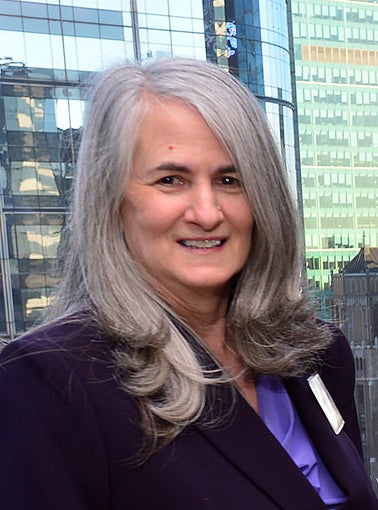 When I was a junior in English Literature, I nearly changed majors. It was my only flirtation with a major other than advertising, but Canterbury Tales and Paradise Lost were seductive. After some reflection I decided the only thing I could really expect to do with an English degree was to teach, and that had no appeal to me. After several years of working in the industry, I had the opportunity to teach advertising, and at that point my perspective had changed a bit. I thought teaching might be fun for a couple of years.
When I was a junior in English Literature, I nearly changed majors. It was my only flirtation with a major other than advertising, but Canterbury Tales and Paradise Lost were seductive. After some reflection I decided the only thing I could really expect to do with an English degree was to teach, and that had no appeal to me. After several years of working in the industry, I had the opportunity to teach advertising, and at that point my perspective had changed a bit. I thought teaching might be fun for a couple of years.With my college education and my experience as a practitioner I felt prepared for the content I would be presenting. But what about teaching? I had had no classes about teaching college. I hadn’t taken Writing a Syllabus 101, or Advanced Paper Grading. There was a lot of problem solving and “figuring it out” to be done. Was I prepared for that?
Absolutely.
A degree in journalism and mass communications, I soon discovered, offered so much beyond learning an inverted pyramid style of writing or the appropriate camera setting to expose a photograph properly. As a student it may have seemed that formulaic, but in practice and in retrospect, there were numerous lessons and skills that transferred readily to my new experiences.
Writing demanded information gathering, sorting the relevant points, judging validity of sources and organizing a message. Design required problem solving, analytical skills came from research and strategic thinking was central to campaigns class.
Many journalism and mass communications graduates relate similar experiences. The majority have had distinguished careers as reporters, broadcasters, advertisers and public relations practitioners. A number have moved into director’s chairs, anchor desks, editor’s positions. Others have opted to move in other directions. They’ve become business managers. Some are independent business owners. There are lawyers. There are teachers. Opportunities aren’t always anticipated, but journalism and mass communications grads find they are poised to transition to variations within the field, to related areas or to totally new careers.